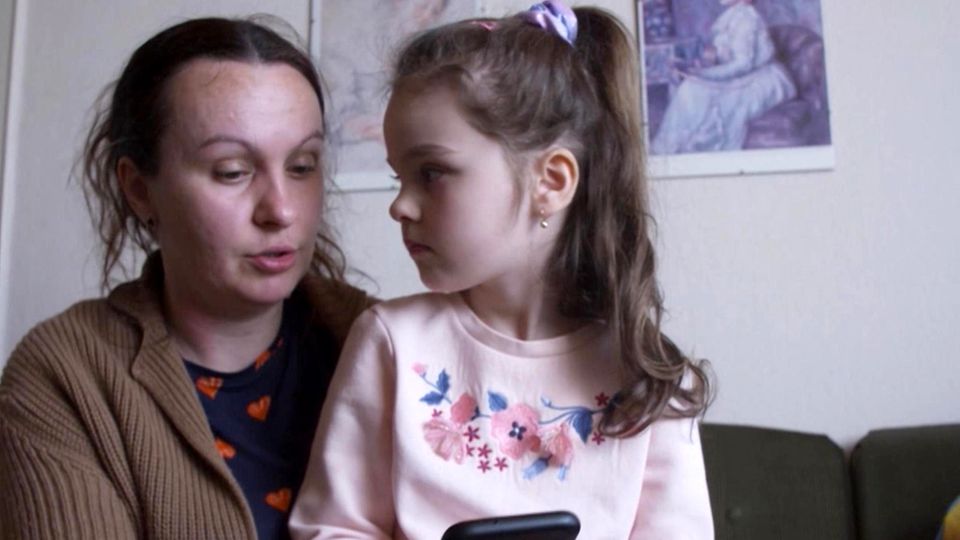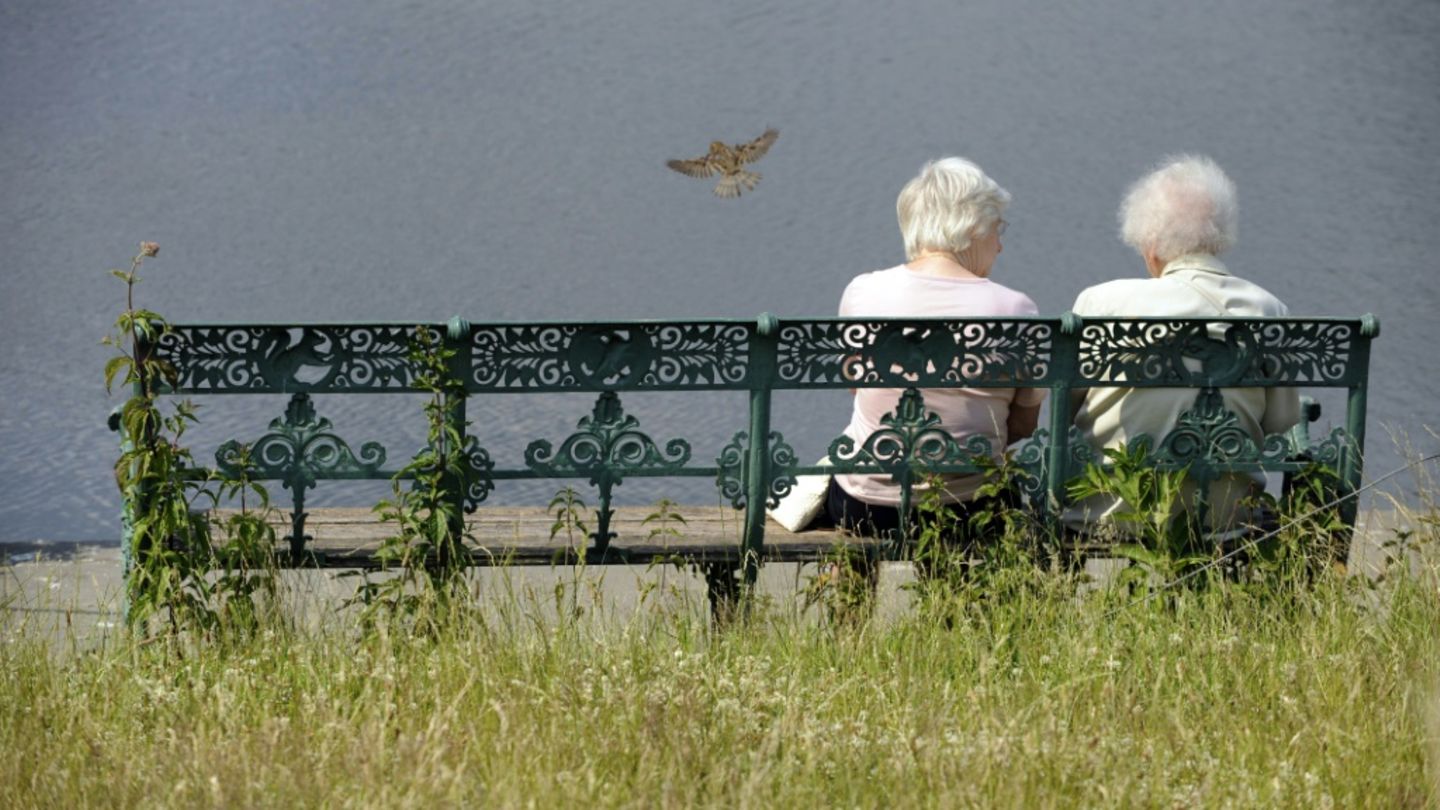Around 200,000 Ukrainians have arrived in Germany fleeing the war. Because there are thousands more every day, they must be effectively distributed among the states. There is a fixed quota for this: the Königstein key.
It is the largest movement of refugees in Europe since the Second World War: Russia’s attack on Ukraine continues to force countless people to leave their homes.
According to the United Nations High Commissioner for Refugees (UNHCR), more than three million people have fled to neighboring countries since the outbreak of war – most of them women, children and the elderly. According to the authorities, two million people have crossed the border into Poland alone. However, many of them continue to travel from here to other European countries, including Germany.
It is not entirely clear how many Ukrainians have so far sought protection in the Federal Republic. As the federal police stated on Friday, citing the Ministry of the Interior, there are almost 200,000 so far – between 12,000 and 15,000 people are added every day. Most of the expellees initially reach the cities of Munich, Cologne, Hamburg and Bremen. A particularly large number of people apparently arrive in Berlin. The capital had repeatedly complained that it was receiving too little support in taking in the expellees.
Calls for swift, effective redistribution grew louder. The federal government has reacted to the demands of the federal states and is now planning to distribute the Ukraine refugees according to the so-called Königstein key.
Königstein key: Three federal states contribute the lion’s share
The name comes from , in which the then twelve prime ministers in Königstein, Hesse, laid down the sequence for the election of the Bundesrat President.
in which “the federal and state governments discuss all questions of science and research policy strategies that affect them together”, the Königstein key is intended to regulate the proportion of the federal states in joint financing – as well as the accommodation and integration of refugees.
The share of the respective federal states is made up of two thirds from their tax income and one third from the population. The GWK recalculates the key every year and publishes it in the Federal Gazette. According to the data from 2017, North Rhine-Westphalia (21 percent), Bavaria (15.5 percent) and Baden-Württemberg (13 percent) carry the lion’s share.
“Tackle, don’t complain”: Interior Minister Faeser defends herself against criticism from the federal states
Federal Interior Minister Nancy Faeser (SPD) told the “Spiegel” that the federal states had not reported enough free accommodation since last week. That is why the federal government has now decided to apply the Königstein key to the distribution of war refugees. Faeser had previously defended the federal government’s actions against criticism from the federal states. “What I don’t believe in at all is when people point fingers at each other in times of crisis and war,” Faeser told the new issue of Spiegel magazine. “Tackle, don’t complain, that’s my motto.”
Faeser also called for a fairer redistribution of the expellees in Europe. Above all, Poland, which is doing “excellent things”, must be relieved. The goal must be a distribution of the Ukraine refugees within Europe according to fixed quotas. She is working towards this with Foreign Minister Annalena Baerbock (Greens) and Transport Minister Volker Wissing (FDP).

Ukrainian refugees still do not have to go through an asylum procedure
The states of the European Union have agreed that war refugees from Ukraine will be admitted without having to apply for asylum. You will initially receive protection for one year, which can be extended to up to three years by a decision of the EU Council. Unlike asylum seekers, they do not have to go to the Federal Office for Migration and Refugees (Bamf) to apply for protection.
However, some of the arrivals have already reported to the immigration authorities at their destination: for example to receive state support or so that the children can go to school. Registration with the authority is also necessary for anyone who wants to work. The Bamf is still involved. In the past few days, it has sent equipment and personnel to cities like Berlin, where a particularly large number of refugees arrive. The Nuremberg authorities are supposed to help so that those arriving are registered: photos are taken and fingerprints are taken.
with dpa / AFP
Source: Stern
David William is a talented author who has made a name for himself in the world of writing. He is a professional author who writes on a wide range of topics, from general interest to opinion news. David is currently working as a writer at 24 hours worlds where he brings his unique perspective and in-depth research to his articles, making them both informative and engaging.




